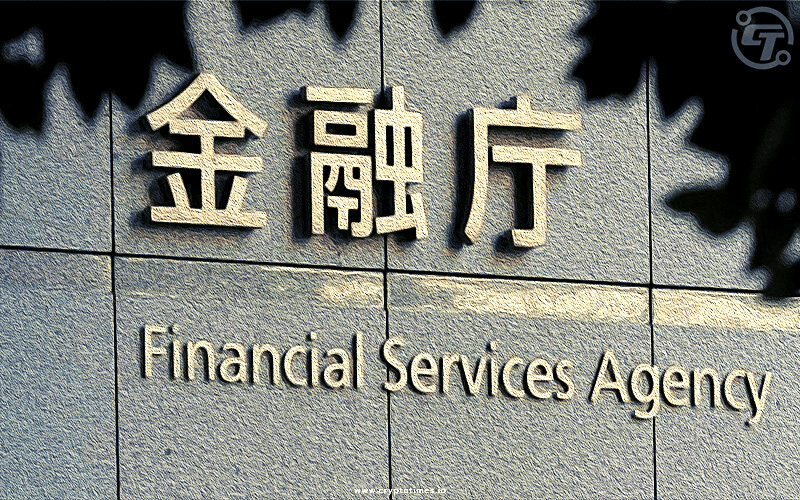In Brief:
- FSA to propose legislation by 2022 that restricts issuance of stablecoins to banks and wire transfer firms.
- The financial crisis that engulfed property developer China Evergrande re-ignited interest in these stablecoins claims of stability.
- The regulator also plans to tighten anti-money laundering measures.
Japan’s Financial Services Agency (FSA) announced plans to propose legislation in 2022 to restrict the issuance of stablecoins to banks and wire transfer companies.
According to Nikkei Asia’s report, the proposed regulations are an initiative by Japan’s financial regulator, as it plans to tighten the institution’s influence on the stablecoin market.
Stablecoins are cryptocurrencies that are linked or connected to government-issued currencies such as the US dollar in some way.
The proposal is in order to safeguard consumers from any hazards posed by asset-backed stablecoins such as Tether.
When the rule takes effect, Tether, which does not function as a bank, will be unable to do business with Japanese consumers.
The financial crisis that has engulfed property developer China Evergrande re-ignited interest in these stablecoins claims of stability, as stated in the report.
The FSA also plans to tighten anti-money laundering measures. Intermediaries participating in stablecoin transactions and management, such as wallet providers, will be brought under the institution’s control.
The wallet providers will also be required to comply with Japan’s anti-money laundering law, which includes validating user identities and reporting questionable transactions.
Japan is on track to introduce a new digital yen titled “DCJPY” as early as 2022, thanks to a collaboration between the country’s leading banks and approximately 70 other companies and organizations.






